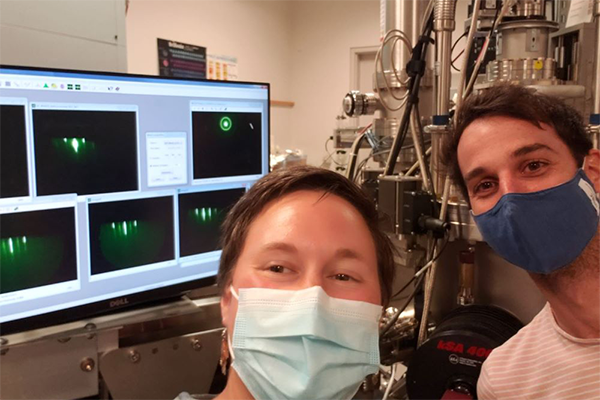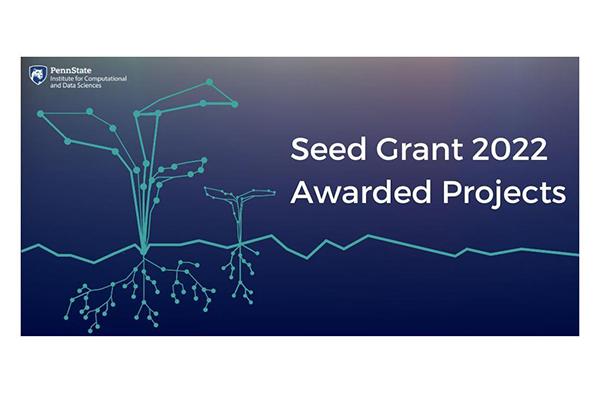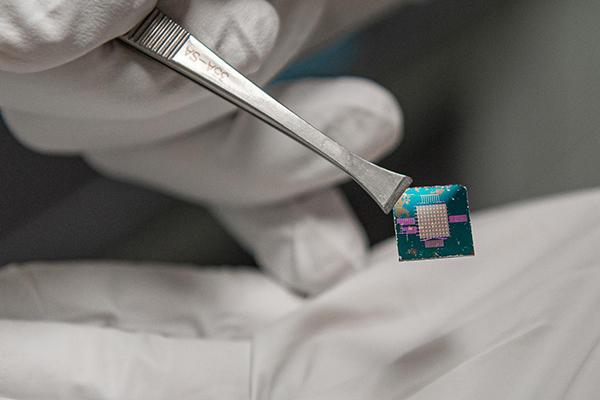Climate change impacts nearly every part of the agricultural industry. It manifests through increased floods, droughts, and severe storms, affecting communities in developing countries first.
A research partnership between Penn State and the Massachusetts Institute of Technology (MIT) could enable an improved method to make a new type of semiconductor that is a few atoms thin and interacts with light in an unusual way.
Penn State’s Institute for Computational and Data Sciences awarded this year’s seed grant program, offering funds to Penn State scientists to help them start research projects.
Tim Prestby, an incoming doctoral student in the Department of Geography, received a National Science Foundation Graduate Research Fellowship to study trust in thematic maps.
Led by Saptarshi Das, Penn State associate professor of engineering science and mechanics, researchers developed a smart hardware platform, or chip, to mitigate energy consumption while adding a layer of security.
The emerging Penn State Water Consortium announced personnel updates to the Penn State Water Council and the addition of a director of research.
For the past few months, Patti Wood Finkle, the new collections manager, has been busy sifting through the EMS Museum & Art Gallery’s vast collection of roughly 20,000 items.
Students from the College of Earth and Mineral Sciences were among the 21 new National Science Foundation (NSF) Graduate Research Fellowship Program (GRFP) recipients for the 2022-23 academic year.
A new process for creating thermally regenerative ammonia batteries improves their stability and affordability and may help address the country’s growing grid-scale energy storage problem, according to a team led by Penn State researchers.
Kimberly Lau, an assistant professor in Penn State’s Department of Geosciences and an associate in the Earth and Environmental Systems Institute, is being honored by the Geological Society of America (GSA) with its 2022 Donath Medal, or Young Scientist Award.







